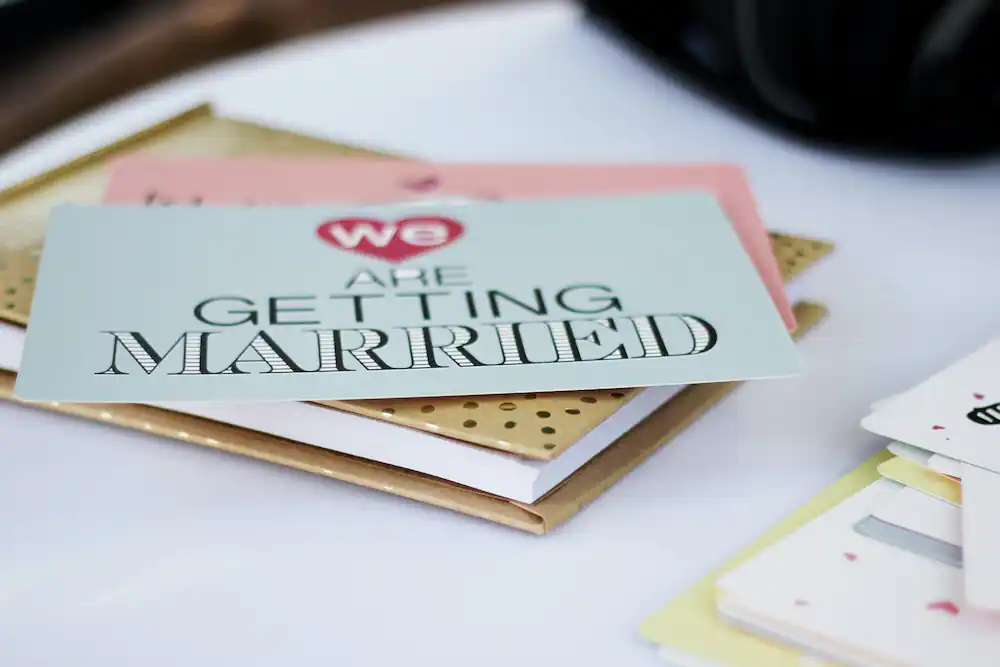I. Introduction
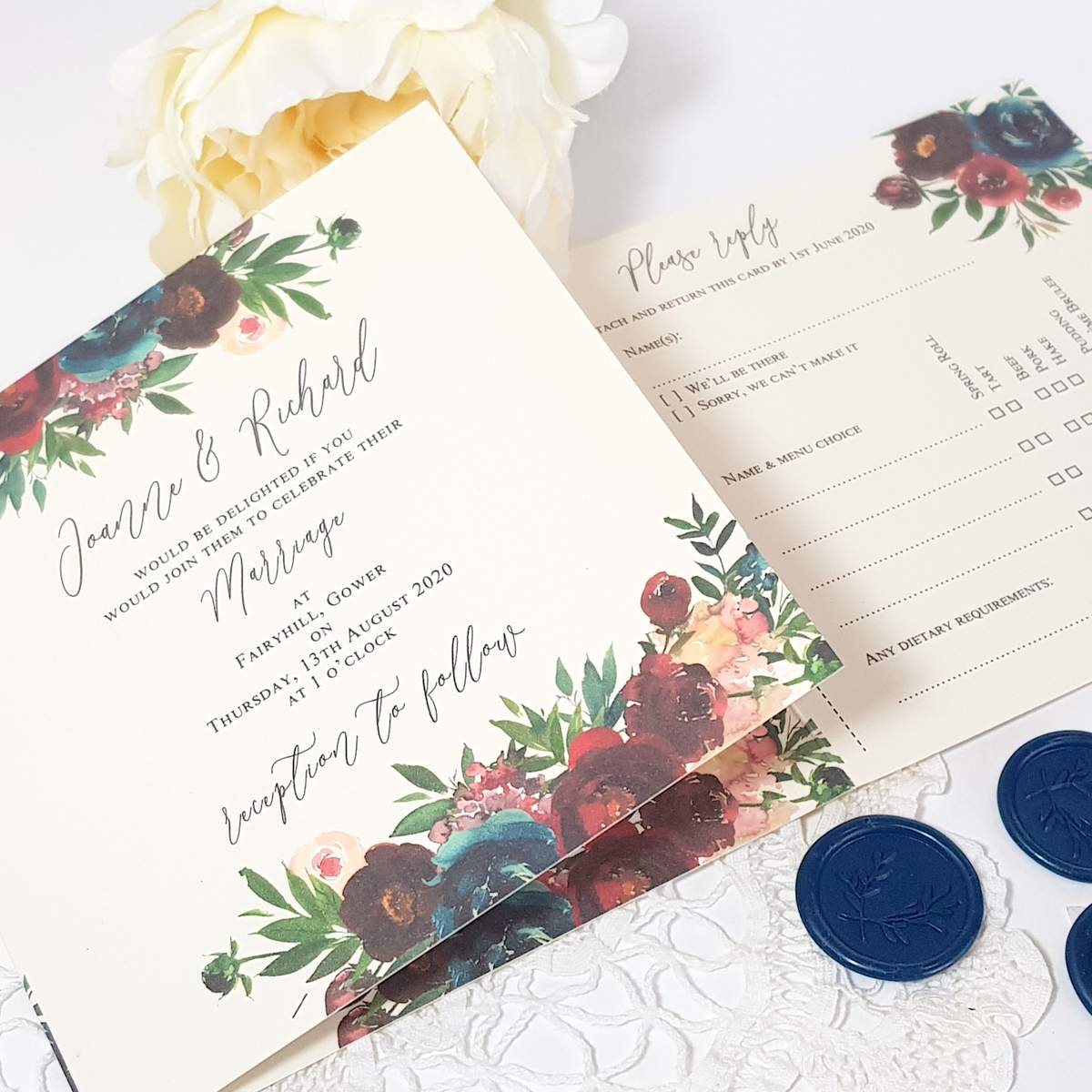
A. Understanding the importance of wedding gifts
Wedding gifts are an essential part of celebrating this special day for a couple. They are expressions of love, support, and well wishes as the couple begins their journey together. Giving a thoughtful gift not only brings joy to the couple, but also shows them that you appreciate their union and want to be a part of their new chapter.
B. Navigating the etiquette of giving monetary gifts
While there are different types of wedding gifts, monetary gifts have become increasingly popular. They provide the couple with the flexibility to use the funds as they please, whether it’s for their honeymoon, future expenses, or starting their new life together. However, determining how much money to give can be a tricky task, as it depends on various factors.
C. Exploring factors that influence gift amount
Several factors come into play when determining the appropriate amount for a wedding gift. These factors include your relationship with the couple, regional customs and cultural norms, as well as the wedding budget and expenses.
II. Factors to Consider when Determining the Gift Amount
A. Relationship with the couple
- Close family members
If you are a close family member, such as a parent or sibling, it is common to give a more significant monetary gift. This could be a reflection of your close bond and the significance of the occasion.
- Relatives and extended family
For relatives and extended family members, the gift amount can vary depending on your relationship and financial situation. It is usually thoughtful to give a generous amount that demonstrates your support and well wishes for the couple.
- Close friends
Close friends often have a deep connection with the couple and may choose to give a substantial gift. However, it is essential to consider your own financial situation and give an amount that you feel comfortable with.
- Colleagues and acquaintances
For colleagues and acquaintances, the gift amount may be more modest. While it is still expected to give a gift, it is acceptable to give a smaller monetary amount that shows your support and appreciation for the couple.
B. Regional customs and cultural norms
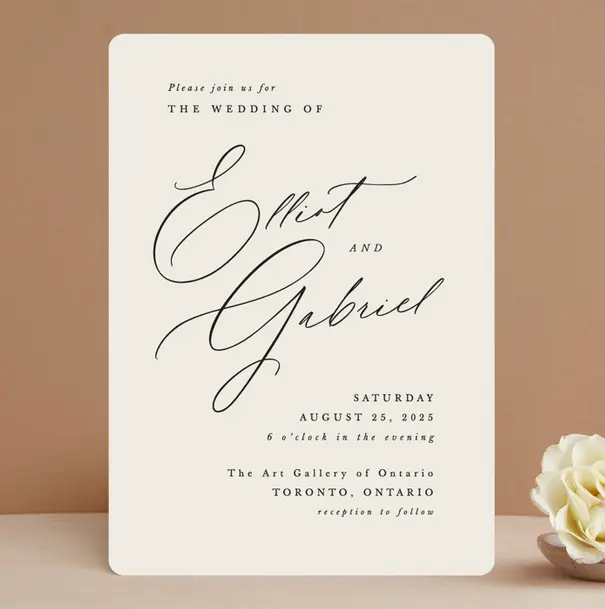
Different regions and cultures have varying traditions and expectations when it comes to wedding gifts. It is important to consider any specific customs or norms that may influence the gift amount. For example, some cultures have specific monetary amounts that are considered auspicious.
C. Wedding budget and expenses
The wedding budget and expenses can also play a role in determining the appropriate gift amount. Destination weddings or formal ceremonies may incur higher costs for the couple, and it may be thoughtful to give a more generous gift to help offset these expenses.
- Destination weddings
If the couple is hosting a destination wedding, it is common to give a more significant monetary gift to help cover the additional expenses associated with travel and accommodation.
- Formal versus informal ceremonies
Formal weddings often involve more elaborate arrangements and can be more costly for the couple. Giving a larger monetary gift for formal weddings is considered appropriate, although it ultimately depends on your relationship with the couple and your financial capacity.
III. General Guidelines for Wedding Gift Amounts
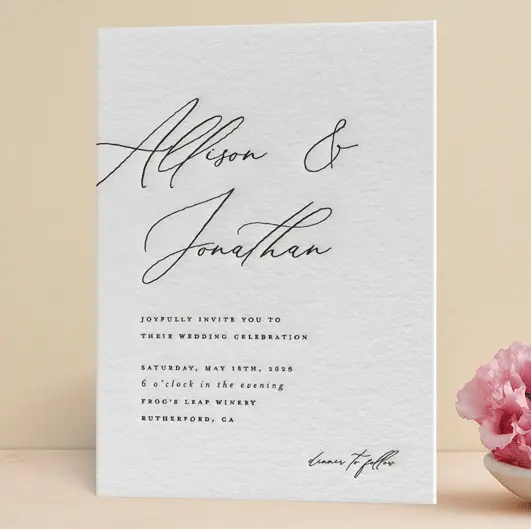
A. Traditional approaches
- Covering the cost of the meal per person
One traditional approach to determining the gift amount is to consider the cost of the meal per person at the wedding reception. This can act as a baseline for your gift. However, it’s important to note that this may not always be an accurate representation of the couple’s expenses, as there are other costs involved in hosting a wedding.
- Utilizing customary gift benchmarks
Another traditional approach is to follow customary gift benchmarks. These benchmarks can vary based on cultural norms and regional traditions. For example, some cultures may have specific amounts that are considered customary for wedding gifts. It can be helpful to research what is considered appropriate within the specific cultural context.
B. Practical considerations
- Setting a budget based on your financial situation
When determining the gift amount, it is essential to set a budget based on your own financial situation. Consider your income, expenses, and other financial commitments. Giving within your means is more important than giving a specific amount. The couple will appreciate your gesture, regardless of the monetary value.
- Choosing a gift that reflects your relationship with the couple
In addition to monetary gifts, it’s important to consider choosing a gift that reflects your relationship with the couple. Personalized gifts can be thoughtful and meaningful, regardless of the monetary value. Consider their interests, hobbies, or something that holds sentimental value for them.
IV. Alternative Gift Options
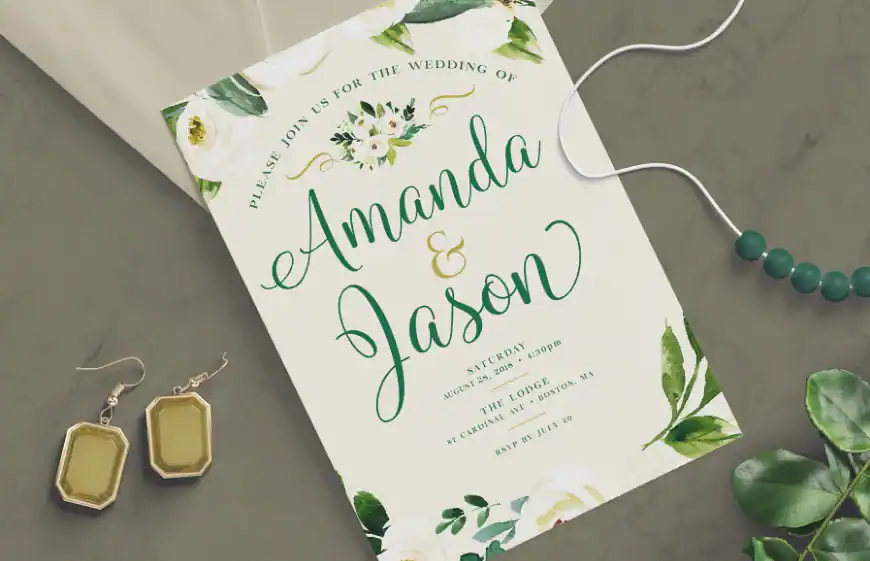
A. Personalized and meaningful gifts
- DIY and homemade gifts
If you have the time and skills, DIY or homemade gifts can be a great alternative to monetary gifts. Handmade items often hold a special significance and show the time and effort you dedicated to creating something unique for the couple.
- Experiences or services instead of monetary gifts
Instead of giving money, you can consider giving experiences or services that the couple will appreciate. This could include offering to help with wedding preparations, providing a photography session, or organizing a memorable date night for the couple. Experiences and services can create lasting memories for the couple.
B. Donations to charity in the couple’s honor
A meaningful gesture is to make a donation to a charity in the couple’s honor. This option allows you to contribute to a cause that is important to the couple or aligns with their values. It’s a thoughtful way to show your support for the couple and make a positive impact.
C. Group gifting options
Group gifting is a popular alternative where several friends or family members contribute to a larger gift together. This can allow for a more substantial and meaningful gift without individual financial strain. It also fosters a sense of community and shared celebration for the couple.
V. Handling Non-Monetary Gifts
A. The importance of thoughtful and well-chosen gifts
When opting for non-monetary gifts, it is crucial to prioritize thoughtfulness and choose a gift that is well-suited to the couple’s interests and needs. The value of a gift lies in its meaning rather than its price tag.
B. Practical considerations and registries
- Using the couple’s registry as a guide
If the couple has created a wedding registry, it can serve as a helpful guide when choosing a non-monetary gift. Registries often include items that the couple specifically needs or desires, ensuring that your gift will be well-received and useful to them.
- Personalizing non-registry gifts while respecting the couple’s preferences
If you decide to go off-registry, make sure to consider the couple’s preferences and personal style. Take into account their taste, lifestyle, and any specific needs they may have expressed. Personalizing the gift shows that you know them well and have put thought into your selection.
In conclusion, determining the wedding gift amount involves various factors such as traditional approaches, practical considerations, and cultural norms. However, it’s important to prioritize your own financial situation and choose a gift that reflects your relationship with the couple. Alternative gift options, such as personalized and meaningful gifts, donations to charity, or group gifting, can provide thoughtful alternatives to monetary gifts. When handling non-monetary gifts, the focus should be on thoughtfulness and respecting the couple’s preferences. Ultimately, the value of a gift lies in the sentiment behind it, regardless of its monetary value or form.

